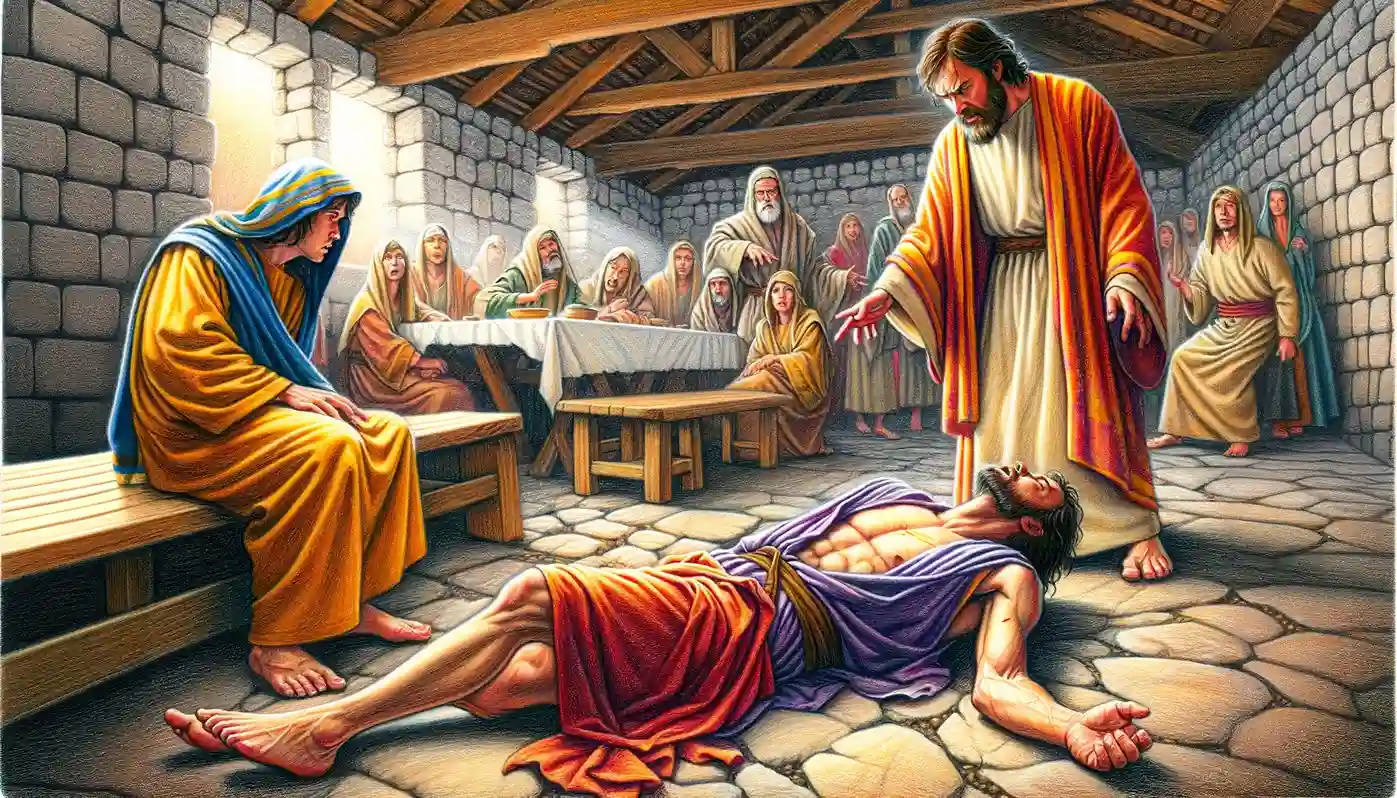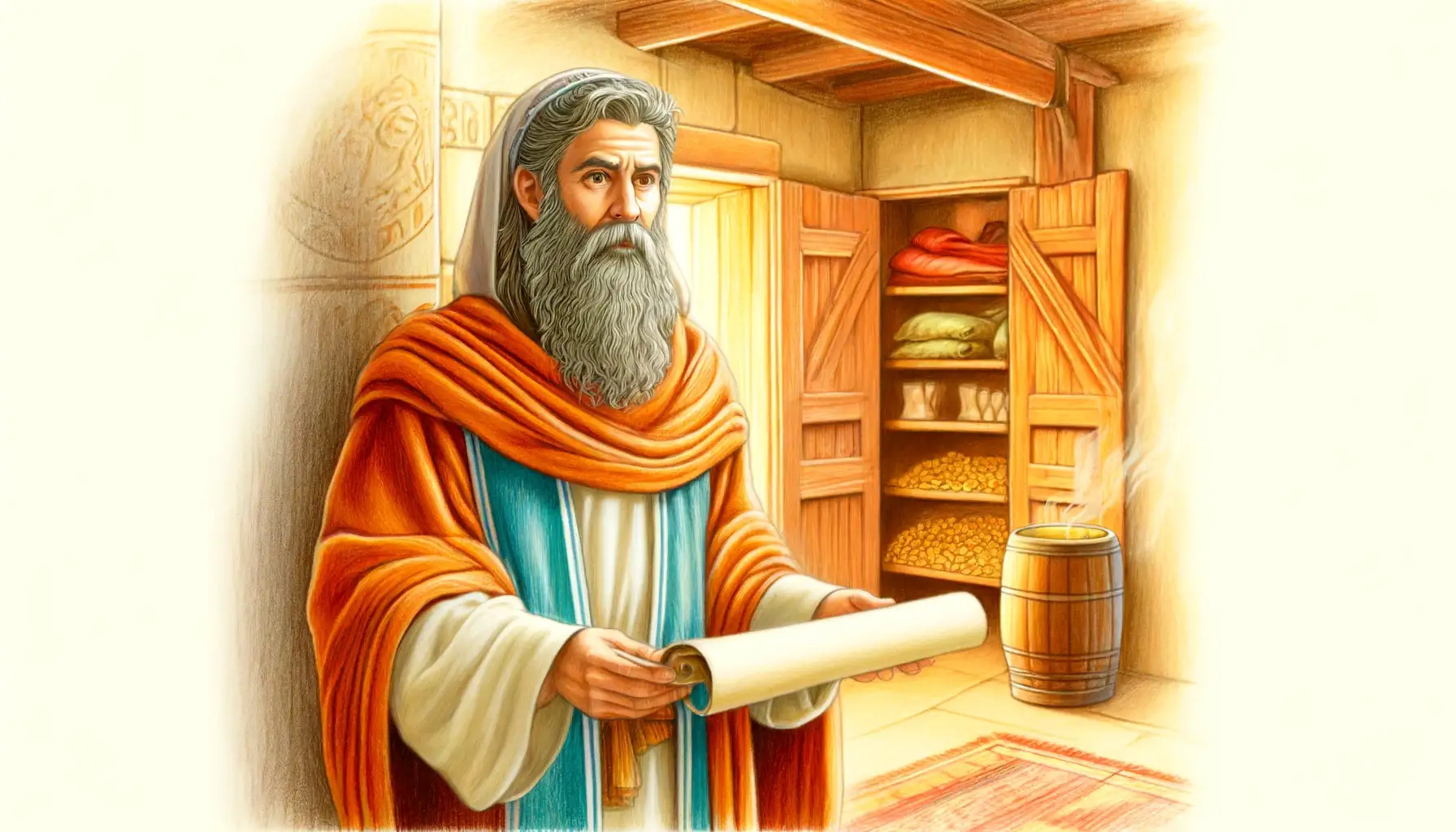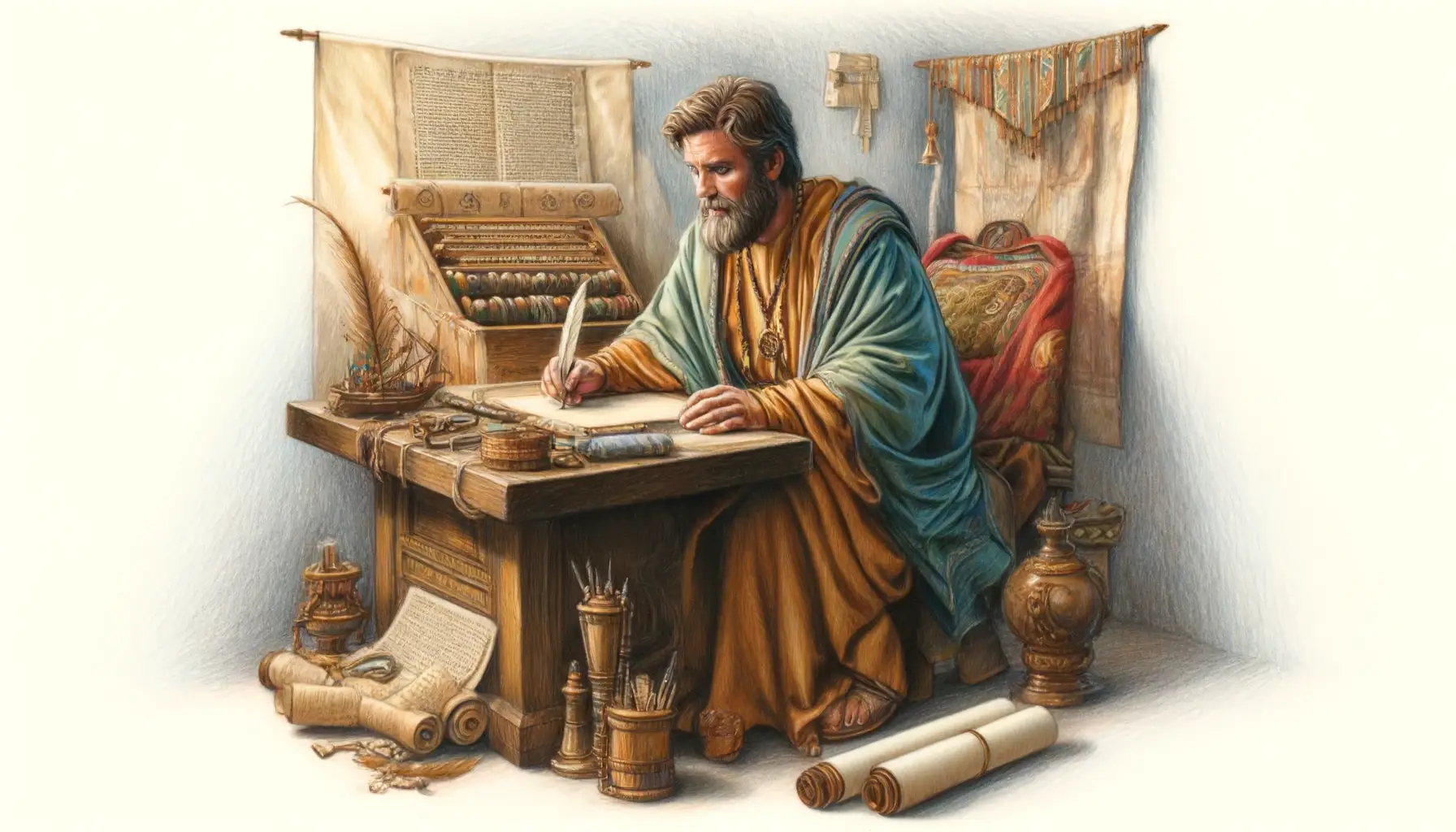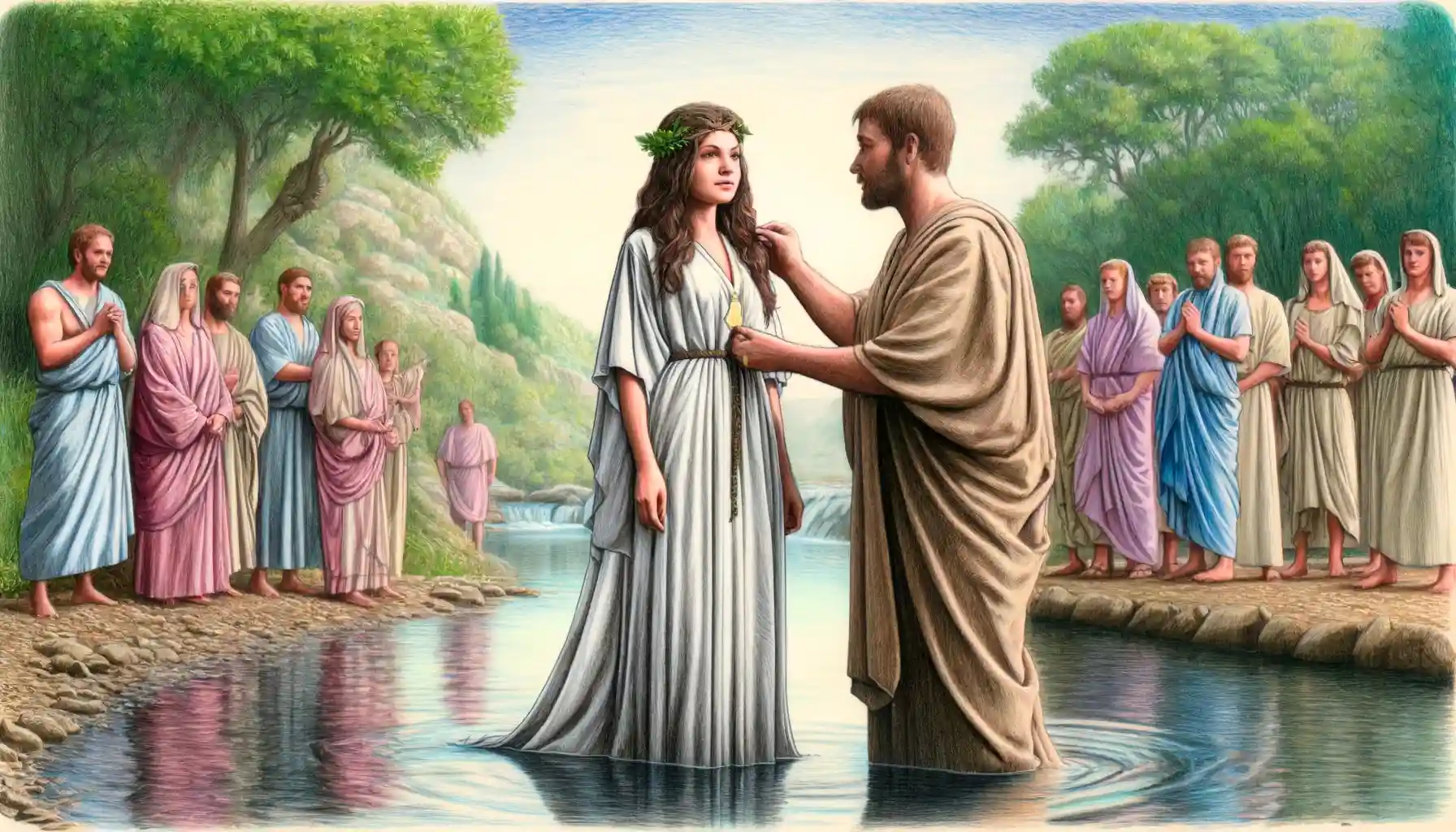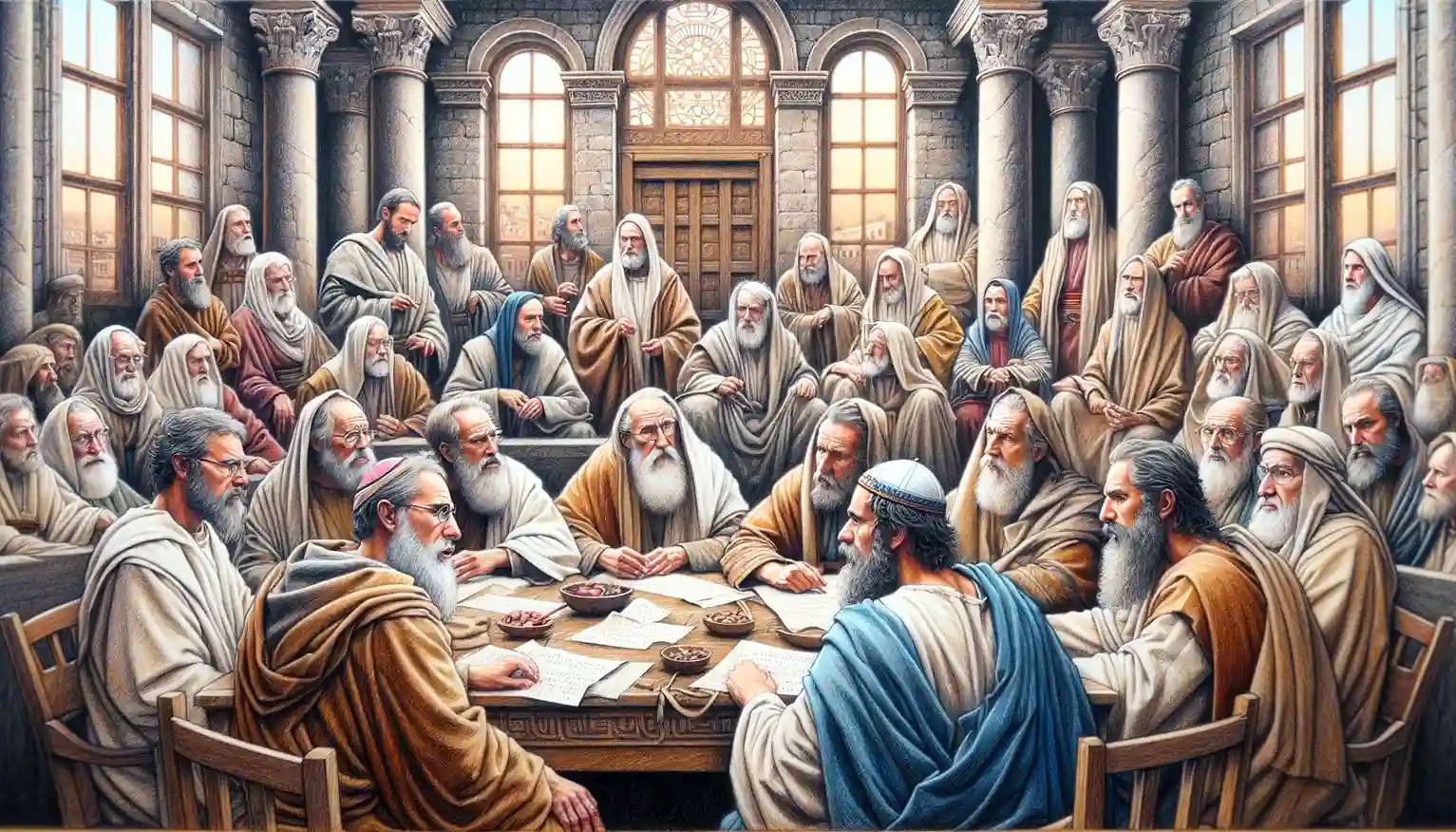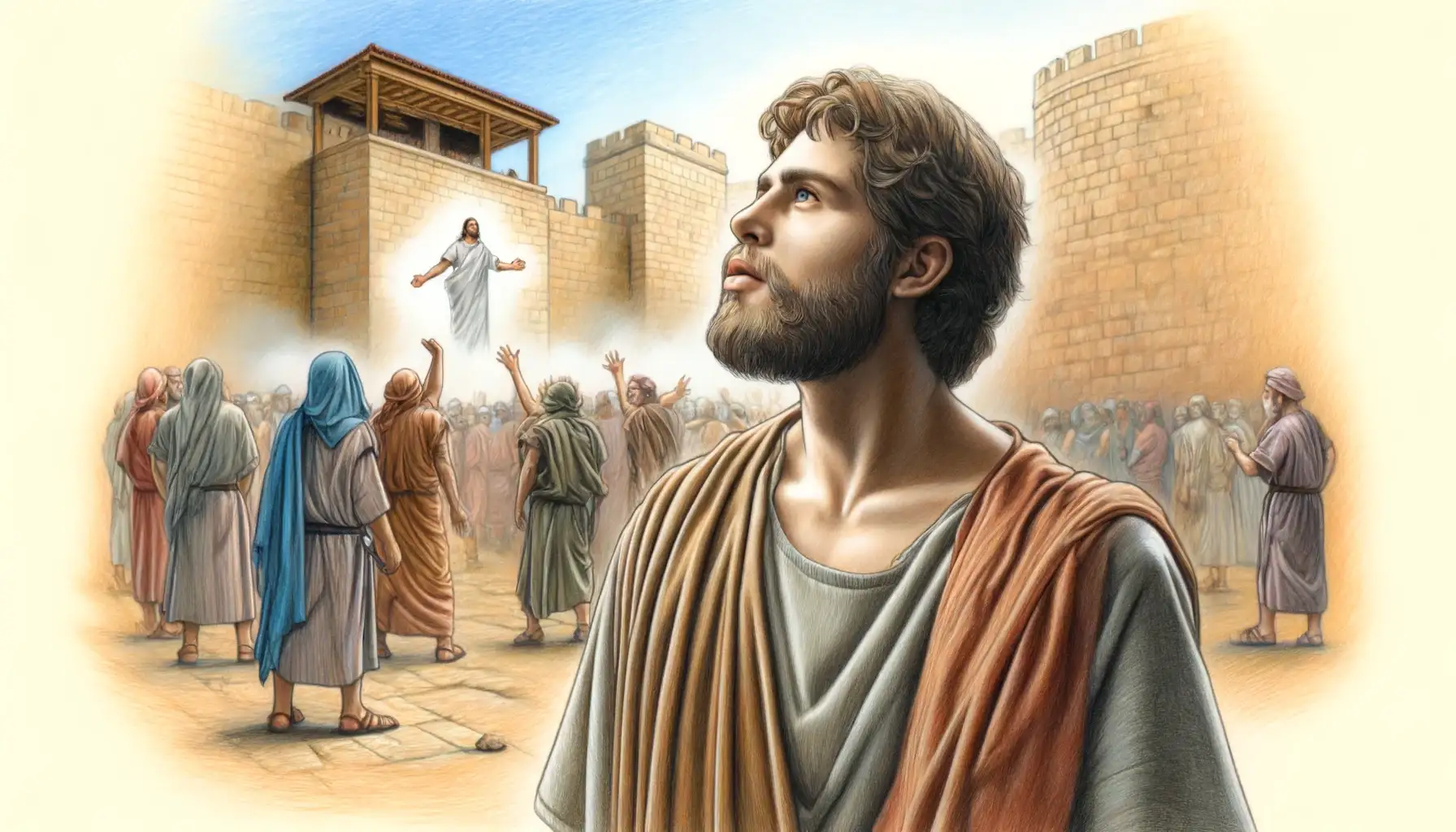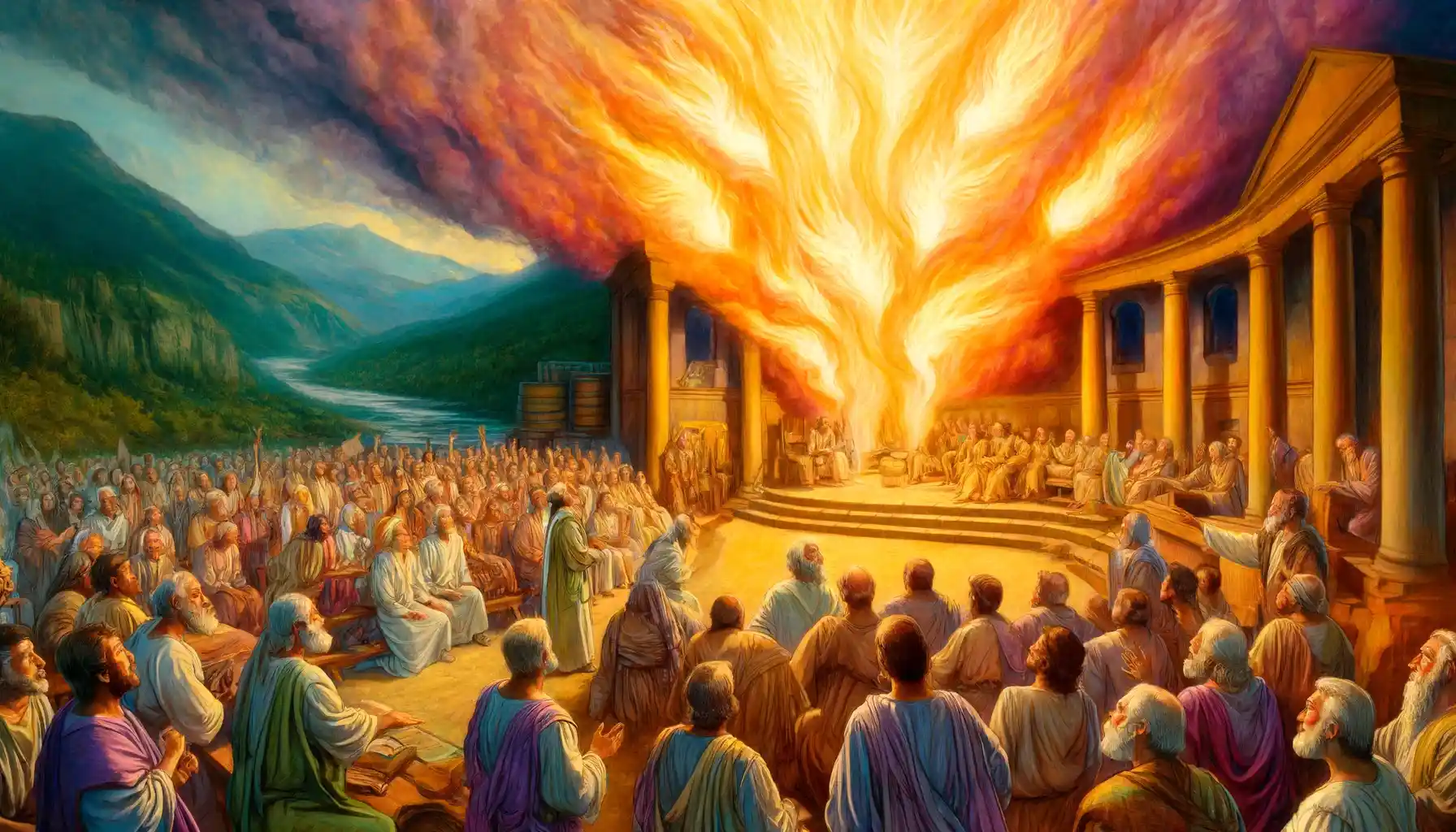Sapphira and Ananias were a couple in the early Christian church who were struck dead for lying to the Holy Spirit about the proceeds from a property sale, highlighting the severity of deceit in God’s community.
Priscilla and Aquila, tentmakers and early Christian converts, assisted the Apostle Paul in his missionary work, hosted house churches, instructed Apollos, and played a significant role in the early church’s growth and leadership.
Philemon, a Christian slave owner in Colossae, received a personal letter from the Apostle Paul advocating for the welfare and reconciliation of his runaway slave, Onesimus, emphasizing forgiveness, reconciliation, and Christian brotherhood.
Mark, also known as John Mark, was a companion of Paul and Barnabas and is traditionally believed to be the author of the Gospel of Mark, playing a crucial role in the early Christian movement and the spread of the Gospel.
Lydia, a businesswoman dealing in purple cloth from Thyatira, became the first European convert to Christianity after hearing Paul’s message in Philippi, where she and her household were baptized and she hosted Paul and his companions, playing a crucial role in the early church.
Mary Magdalene, a devoted follower of Jesus who was delivered from demons, witnessed His crucifixion and burial, and was the first to see the resurrected Christ, proclaiming His resurrection to the apostles.
The Council of Jerusalem, described in Acts 15:1-35, addressed the controversy over whether Gentile converts to Christianity needed to follow Jewish law, ultimately deciding that they did not need to be circumcised but should abstain from certain practices, thus fostering unity in the early Church.
Peter’s life story is a powerful narrative of transformation, illustrating a journey from doubt and denial to restoration and committed leadership, resonating with themes of fallibility and redemption, and underscoring the human capacity for spiritual growth and resilience, while his legacy, as both a flawed individual and a revered apostle, continues to inspire and instruct believers on the dynamics of faith, leadership, and divine grace.
Stephen’s martyrdom marks a critical point in the early Christian church, symbolizing the spread of Christianity beyond Jerusalem and indicating the severe persecution that early Christians faced. His life and death encourage steadfast faith and courage in the face of opposition.
The Book of Acts is vital for understanding the development of the early Christian church and its teachings, serving as both a historical document and a theological treatise.

